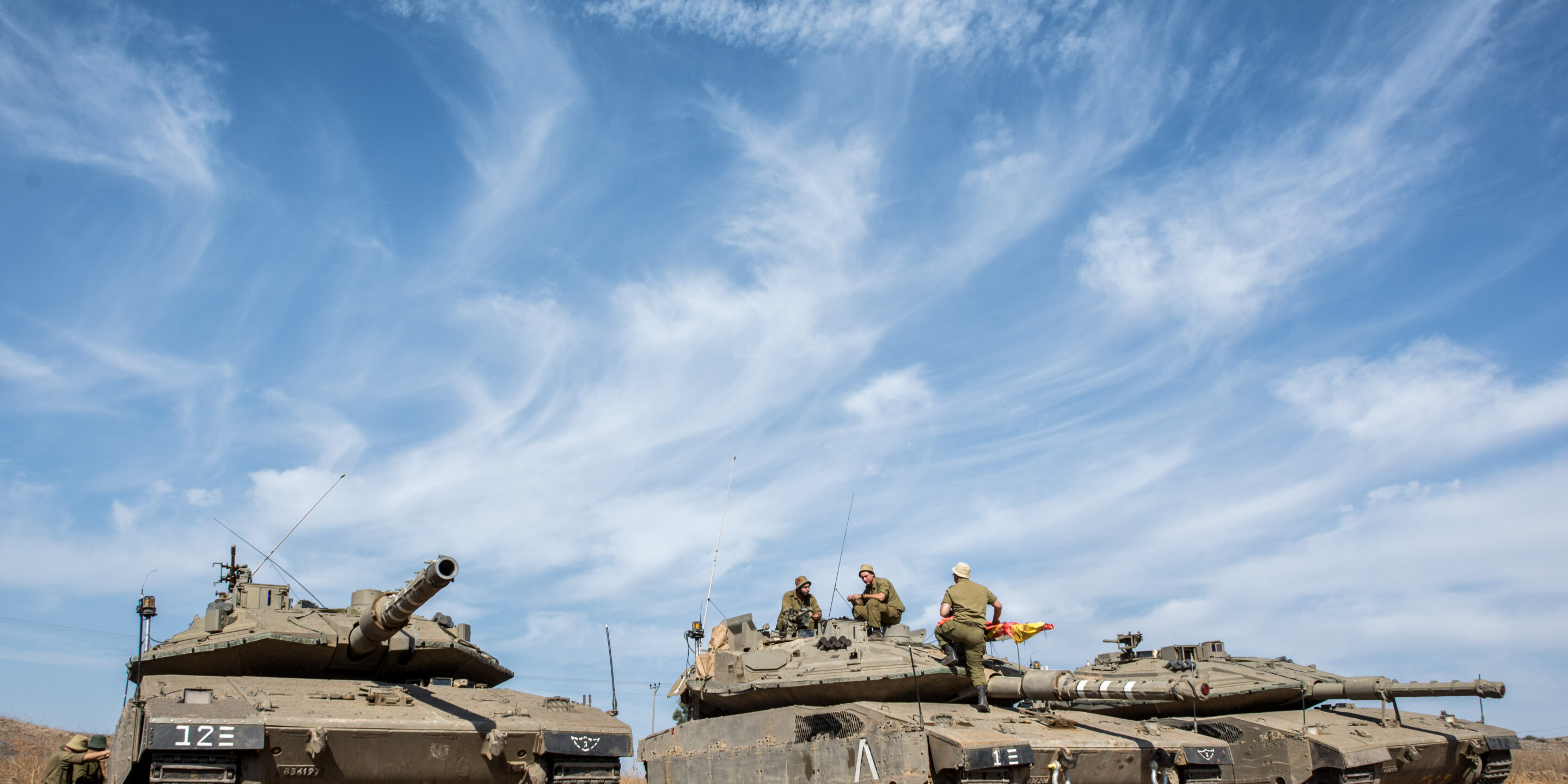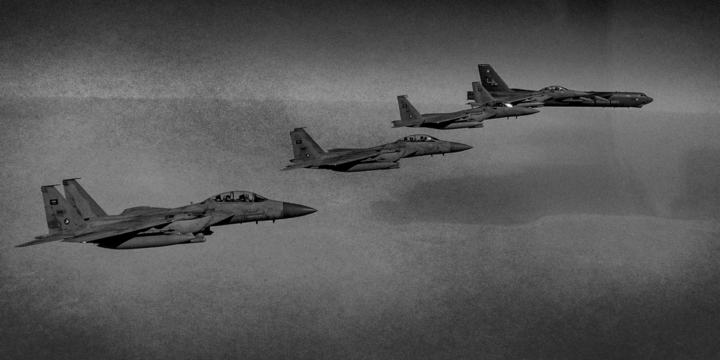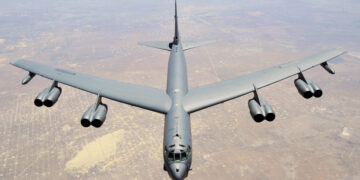September 23, 2024
Is Israel’s pager attack prelude to a full invasion of Lebanon?

In its operations targeting Hezbollah’s communication infrastructure, Israel has disrupted the militant group’s ability to effectively coordinate attacks, sending a powerful message to the fighters entrenched along its northern border. However, this recent campaign raises crucial questions about Israel’s broader strategic goals.
Is this focused assault—through strikes on Hezbollah’s pagers, walkie-talkies and other means of communication—a prelude to a larger ground offensive, or is it simply an attempt to reestablish deterrence without escalating to full-scale war in Lebanon?
Hezbollah relies on relatively rudimentary but critical communication technologies to coordinate military activities across its network of fighters and command centers. By targeting these communication channels, Israel effectively crippled Hezbollah’s command-and-control structure, making it increasingly difficult for the group to execute coordinated attacks and weakening its operational effectiveness.
From one perspective, these strikes may be interpreted as an early stage of a larger, more expansive Israeli military campaign. In modern warfare, disrupting the enemy’s ability to communicate is often the first step in preparing for a ground offensive.
More on Middle East

Featuring Rosemary Kelanic
March 3, 2026

Featuring Benjamin Friedman
March 2, 2026

Featuring Rosemary Kelanic
March 2, 2026
Events on Israel





